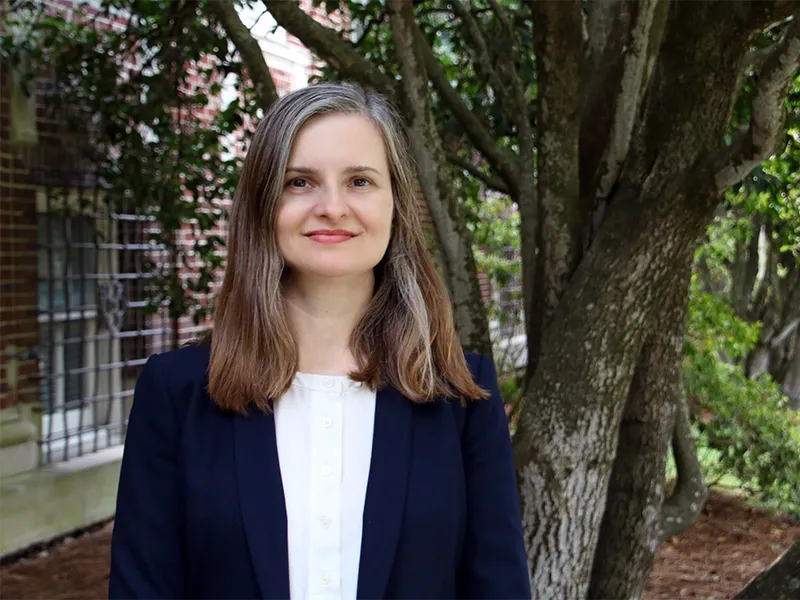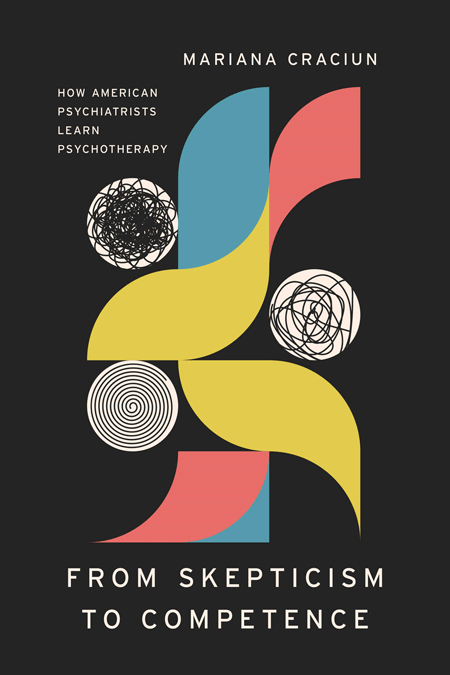
Education
Biography
Research Interests
I am a cultural sociologist who studies expertise, professions, science, and technology. At its broadest, my research investigates what it means to be an expert in conditions of uncertainty. Empirically, I focus on the field of mental health where, with the aid of ethnography, in-depth interviewing, and document analysis, I investigate how expertise is constituted, acquired, and legitimated. Research and writing for my projects have been supported by various institutions, including the National Science Foundation and the Louisiana Board of Regents.
My book, From Skepticism to Competence: How American Psychiatrists Learn Psychotherapy, was published in 2024 by the University of Chicago Press. The book details psychiatry residents' challenges learning psychodynamic and cognitive behavioral psychotherapies, and offers a theory of skepticism and its collective management in professional contexts. My earlier writing examined psychotherapeutic expertise and authority and was published in top peer reviewed journals, including the American Journal of Sociology, Theory and Society, Qualitative Sociology, and the Sociology of Health and Illness.
I have two additional projects that investigate the dynamics of expertise in the field of mental health. In The Science of Talk: Constructing ‘Evidence-Based’ Psychotherapy, I examine the production of scientific evidence in the field of talk and behavioral treatments, focusing particularly on the contested rise of randomized controlled clinical trials (RCTs) to the status of “gold standard” for determining psychotherapeutic efficacy. Another project, Rehabilitating ECT, focuses on psychiatry's efforts to restore electro-convulsive therapy (ECT, formerly known as electroshock therapy) to the status of a legitimate, first line intervention for patients’ most intractable mental illnesses.
Selected Publications
Craciun, Mariana. 2024. From skepticism to competence: How American psychiatrists learn psychotherapy. Chicago, IL: University of Chicago Press.
Craciun Mariana. 2019. “The place of therapy: Between lab and field in the psychoanalytic office.” Sociology of Health and Illness. 41(8): 1652-1666.
Craciun, Mariana. 2018. “Emotions and knowledge in expert work: A comparison of two psychotherapies.” American Journal of Sociology. 123(4): 959-1003. (Lead Article)
Craciun, Mariana. 2017. “Time, knowledge, and power in psychotherapy: A comparison of psychodynamic and cognitive behavioral practices.” Qualitative Sociology. 20(2): 165-190.
Craciun, Mariana. 2016. “The cultural work of office charisma: Maintaining professional power in psychotherapy.” Theory and Society. 45(4): 361-383.
Courses
- Sociology of Medicine (SOCI 2100)
- Qualitative Methods (graduate) (SOCI 7350)
- Mental Health through a Sociological Lens (SOCI 6010)


